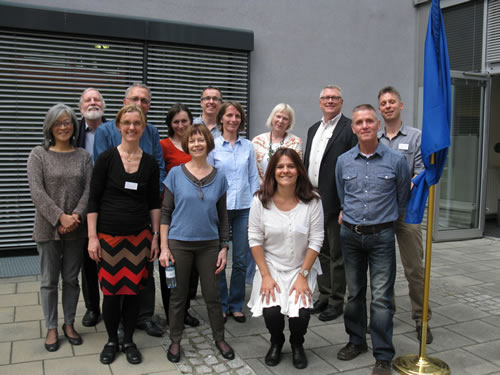The Graz Group Manifesto
The Graz Group unites a team of international experts and practitioners in Content and Language Integrated Learning (CLIL) who believe that attention to literacies development, be it in a foreign or first language, provides a pragmatic means to radically improve both subject as well as foreign language learning.
To mainstream the integration of subject learning with language learning in different sectors of education, learning must be re-modelled to not only support subject learning in cognitively challenging ways but to do so with pluriliteracies in mind. To become pluriliterate learners, the role of language in literacies development must be brought to the fore:
The Graz Group will critically evaluate existing concepts of literacies and pilot an alternative approach to language development in integrated learning contexts. In particular, we will evaluate how the incorporation of literacy-driven and meaning making focused language development supports the acquisition of subject understanding and also the acquisition of disciplinary skills and competencies. Shared ownership of evolving theoretical and practical perspectives with teachers and teacher educators will come through the implementation of a trans-European classroom-based study. Data will be used to develop a working model and toolkit for transforming CLIL practice: both research process and product will thus be developed, evaluated, adapted and disseminated by practitioners.
The team believes that attention to language and literacy development can shift the focus of education away from “teaching” onto “learning”, thus catalyzing changes in classroom practice. The Pluriliteracies Model will provide classroom practitioners with relevant insights and guidelines, and hence be of wide interest to decision-makers across Europe and beyond.
The Graz group

Left to right: Helmut Vollmer, Gerrit-Ian Koopman, Irina Hawker, David Lasagabaster, Ana Halbach, Do Coyle, Roy Lyster, Oliver Meyer; front row: Teresa Ting, Christiane Dalton-Puffer, Rachel Whittaker, Ana Llinares, Kevin Schuck)